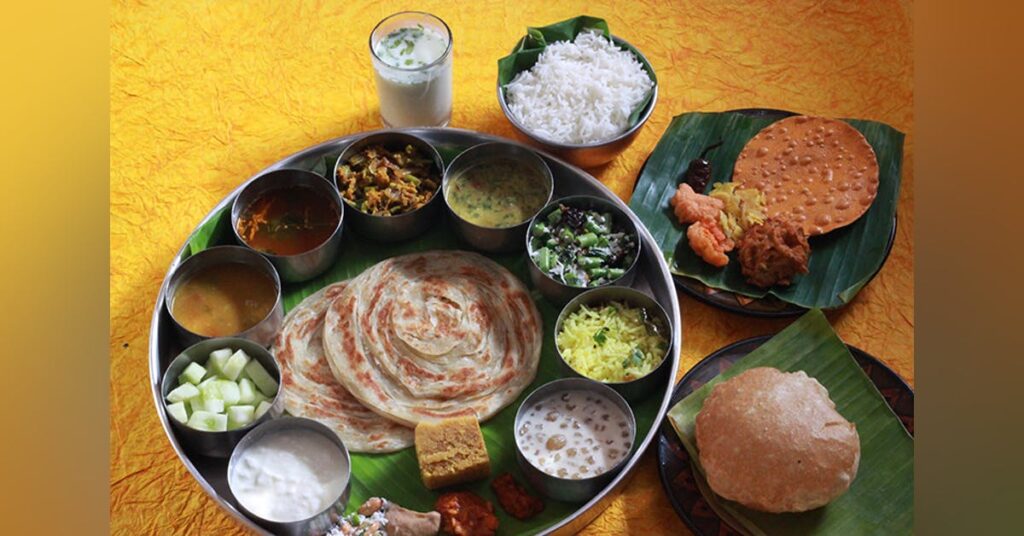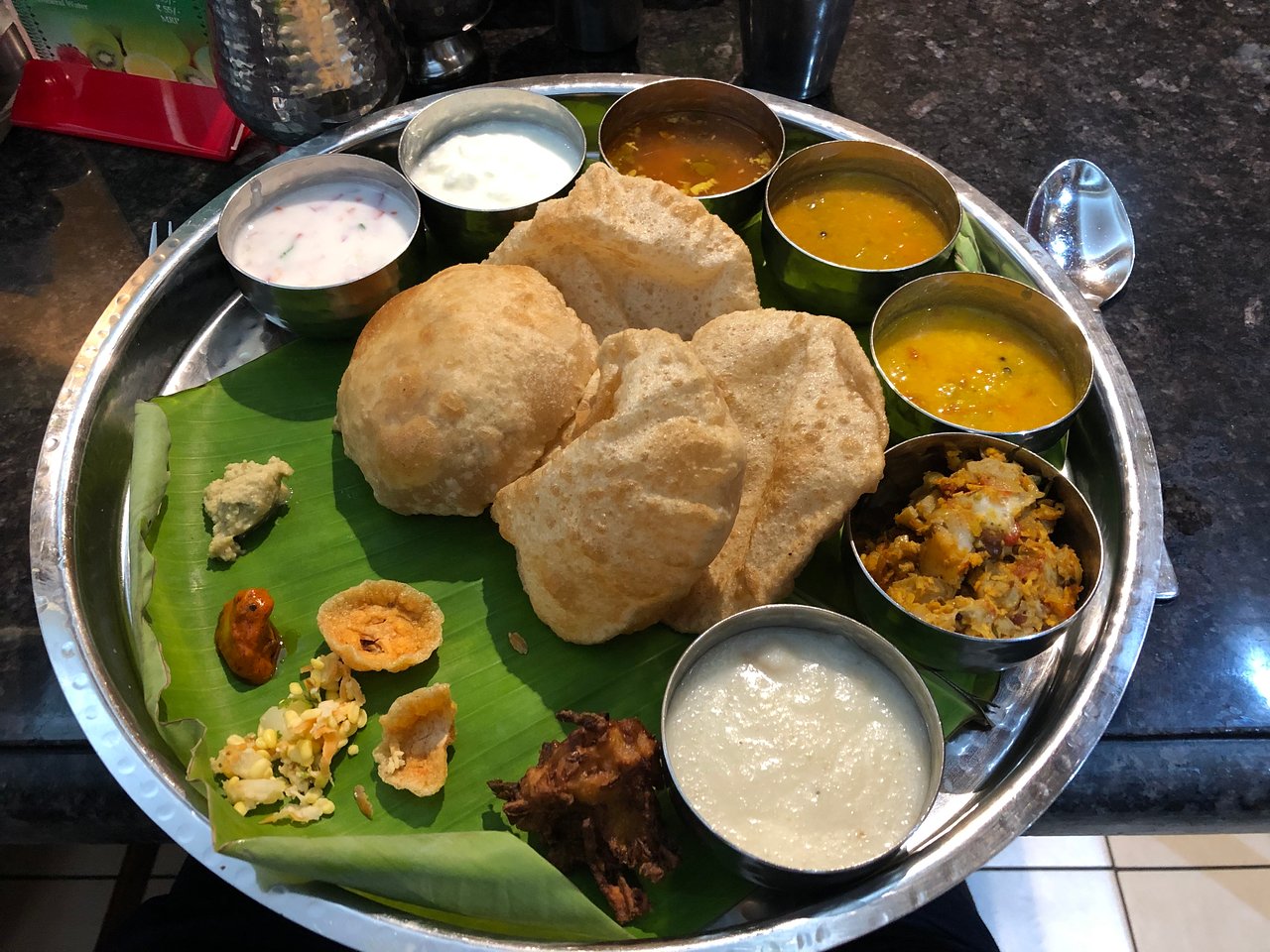
In Goan Hindu households, the kitchen often transforms into a sacred space. Each day and especially during festivals, Goans prepare Naivedyam—a heartfelt offering of food to the deities. Once offered, it becomes Prasad, the blessed nourishment shared by the family. This daily ritual reflects the deep spiritual bond between Goan families and their faith, where food becomes more than sustenance—it becomes divine.
Understanding Naivedyam: The First Gift to the Divine
Naivedyam refers to the food first offered to a deity before anyone else in the household eats. In Goan homes, this sacred offering plays an important role in both daily rituals and festive worship. Devotees prepare it with great care, ensuring purity of body, mind, and ingredients.
Typically, the family offers Naivedyam to Kuldevta (family deity) or Gharachi Devi (household goddess) before partaking in their own meals. It usually includes steamed rice, moong dal, seasonal vegetables, jaggery, coconut-based sweets, or handmade delicacies like patoleos and modaks, depending on the occasion.
The Ritual of Offering
Goans prepare Naivedyam in a clean, sanctified kitchen. Devotees avoid tasting the food before offering it to the deity—a mark of reverence and self-restraint. The offering is presented in a traditional thali or on a banana leaf and placed before the idol or Tulsi vrindavan (holy basil altar). In many homes, a Tulsi leaf is gently placed on the Naivedyam, symbolizing its sanctity.
Women, particularly mothers and grandmothers, lead this ritual. They light an oil lamp, ring a bell, and sometimes chant shlokas or hymns while making the offering. This moment turns into an act of gratitude—for the food, the harvest, and the unseen blessings in everyday life.
From Naivedyam to Prasad: Receiving Divine Blessings
Once the deity is believed to have partaken in the Naivedyam, the food becomes Prasad, or consecrated food. Family members distribute and consume it with reverence, believing it now holds the energy and blessings of the divine.
In Goan temples, Prasad often includes sweets like sheera (semolina pudding), chana (sweetened gram), or coconut ladoos. At home, even simple offerings like a spoon of rice, a piece of jaggery, or a banana are cherished when received as Prasad.
Naivedyam During Festivals: A Celebration of Devotion
During major festivals like Ganesh Chaturthi, Navratri, Dussehra, or Shigmo, Goan homes prepare elaborate Naivedyam thalis. These include steamed modaks, puran poli, sweet rice, kelyacho halwo (banana halwa), and more. Families often exchange these items with neighbors or carry them to temples, keeping community bonds alive.
Each recipe holds a deeper meaning, reflecting the agrarian roots of Goan Hindu society. For example, patoleos, steamed rice parcels filled with jaggery and coconut, celebrate the monsoon harvest and the earth’s bounty.
Passing on the Tradition
While modernization has changed many aspects of daily life, many Goan families continue to uphold the Naivedyam and Prasad rituals. Elders teach the younger generation how to cook these offerings and explain their spiritual significance.
Through this process, children learn discipline, gratitude, and devotion, and grow up with a sense of respect for both food and culture. In some homes, even those living abroad keep up the tradition—preparing a small offering during festivals, staying connected to their roots.
Conclusion
In Goan Hindu culture, Naivedyam and Prasad are not just rituals—they are acts of love, devotion, and humility. These offerings nourish not just the body but also the soul, binding families to their deities and heritage. In every spoonful of Prasad lies the spirit of Goa—simple, sacred, and full of grace.


